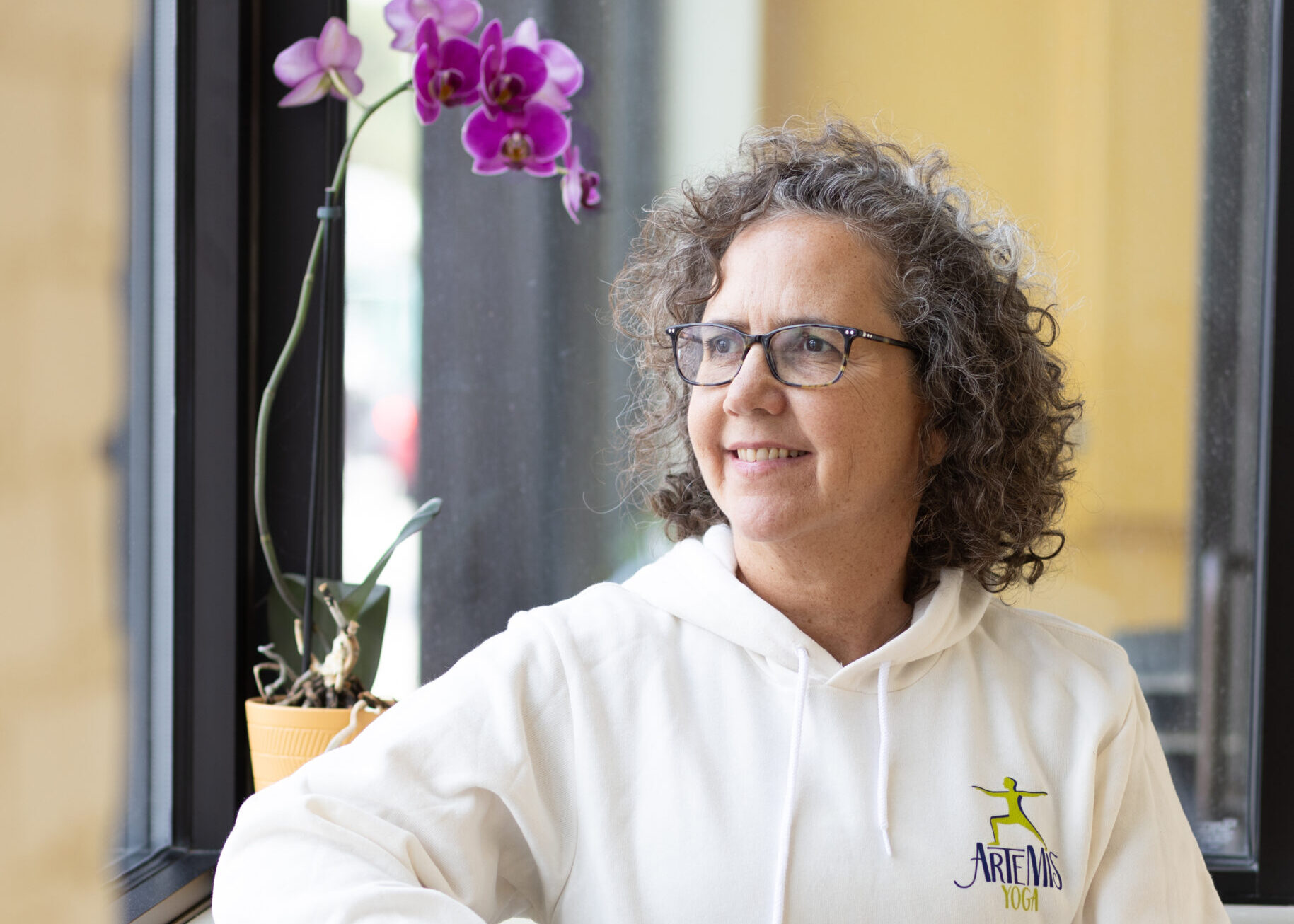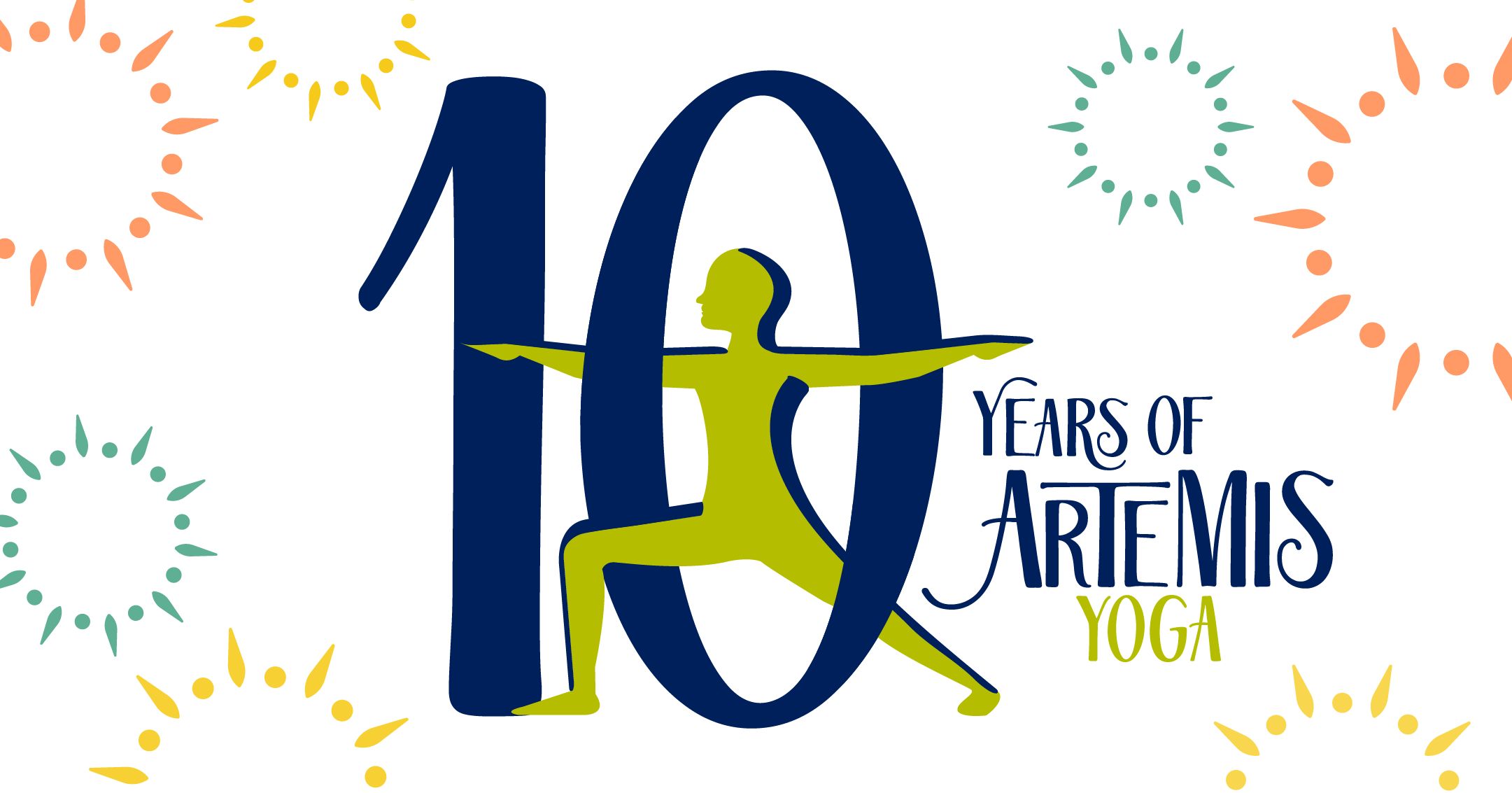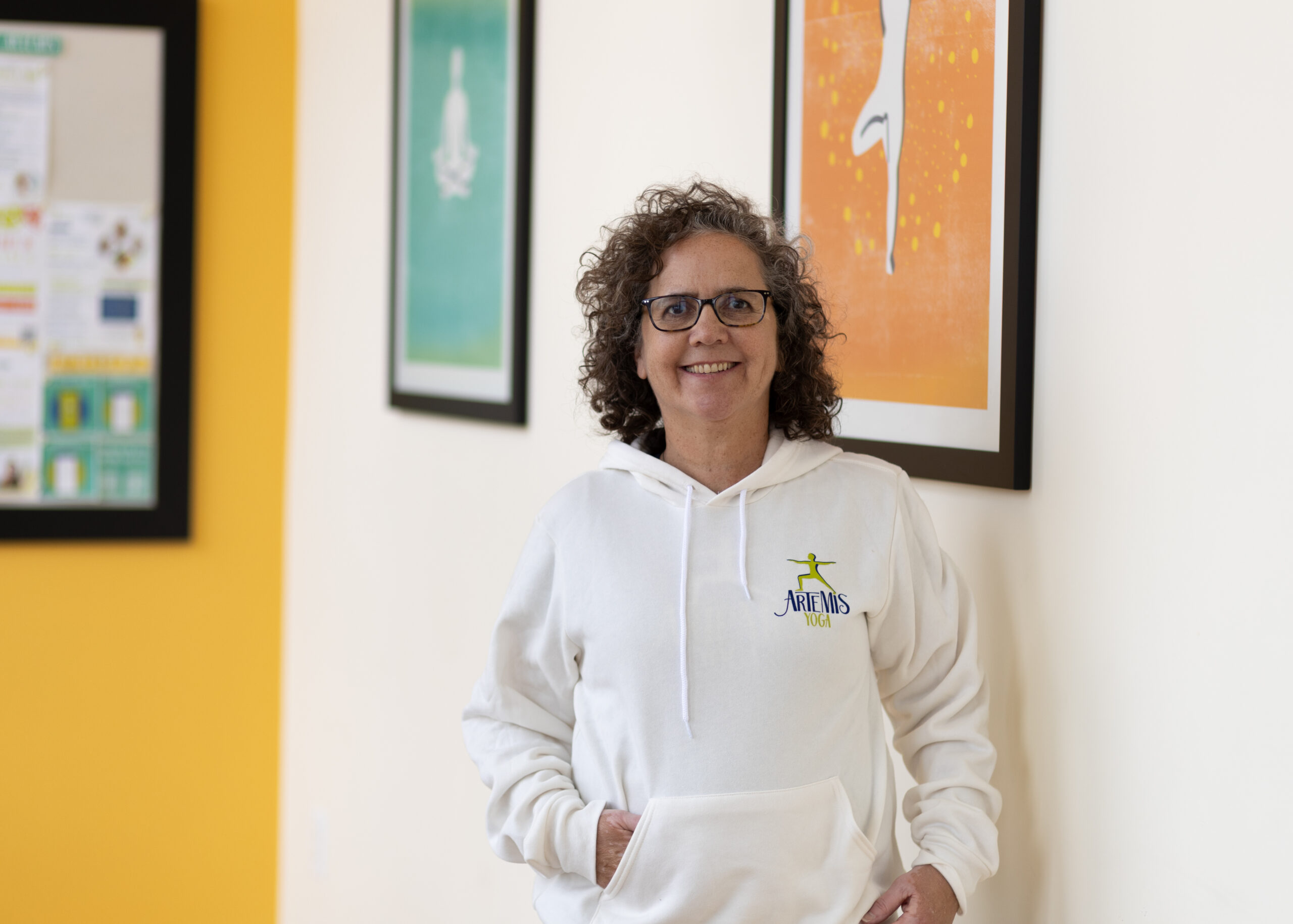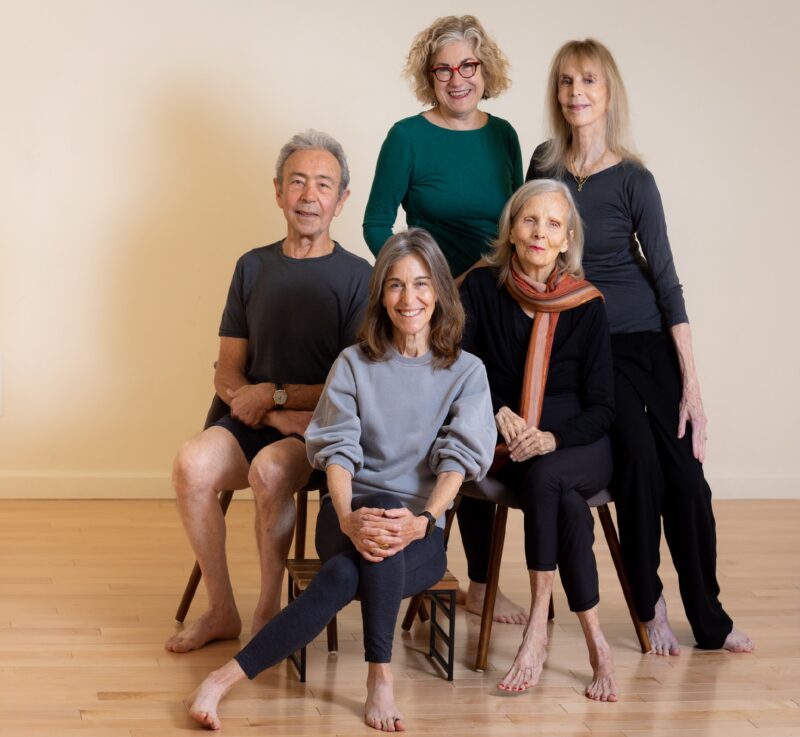I love the annual graduation season, especially the speeches. Have you ever noticed that words of encouragement from commencement speakers sound strikingly similar to the timeless wisdom of yoga? That the advice could be Krishna counseling Arjuna with speakers plucking lessons from the yamas and niyamas to enter “the real world”? As a student and teacher of yoga, I find it that commencement speeches are a great way to make ancient teachings accessible and alive.
This year I heard “The Fonz”, Henry Winkler, and listened to others like Olympic swimmer Katie Ledecky, author Angela Duckworth and comedian Steve Carrell. No matter the school, these speakers were dispensing words of wisdom which were practical, memorable and timeless, sort of like the Sutras of Patanjali. And like Patanjali, these speakers did not make it seem easy but rather they painted pictures of hope and possibility coupled with the requisite effort and trust.
Henry Winkler spoke of resilience and perseverance with his story of dyslexia, a living example of abhyasa (steady practice) and vairagya (non-attachment). Winkler admitted that his dream of becoming an actor once seemed impossible. Despite poor grades in school, he kept at it, eventually going to college and acting school. Winkler says he is living proof that “all things are possible” and “you have no idea what you can accomplish.”
Winkler acknowledged that our mind will always be filled with negative thoughts. To myself, I said, “isn’t that the main point of yoga, to face those distracting voices, the vrittis, in our head?” Winkler implored grads to stand up to the negative thoughts and to literally say out loud, as often as necessary, “I have no time for you today” and to make that a habit. It reminded me of the Upanashids:
“Watch your thoughts; they become words. Watch your words; they become actions. Watch your actions; they become habits. Watch your habits; they become character. Watch your character; for it becomes your destiny.”
Did Winkler know he was telling graduates to stay true, to dig deep and to employ tapas? He could have been quoting BKS Iyengar who wrote in Light on Life, “What is an idea, a concept but a shape in the mind? The work before us is to blow on the fire with the bellows of tapas so that it becomes intensely hot and transforms the shapes of the mind into reality.”
Steve Carell delivered similar advice, urging students to be kind, especially when it is difficult and under pressure. It is a work of svadhyaya or self-study to keep kindness in mind and discipline to respond thoughtfully without harm, ahimsa. Whether he realized it or not, Carell got to the heart of what it is to practice yoga, to be aware of our attention and to notice the noticing.
For our digital age, Angela Duckworth spoke of finding the space between stimulus and response with a modest cell phone proposal called “situation modification.” While Duckworth was not implying brahmacharya or abstinence for cell phones (despite getting a laugh labeling them “pacifiers for adults” ), she said willpower was not enough. She begged graduates to reclaim how their attention is directed in the face of distraction and to physically move phones out of the way. A simple idea of sauca, cleansing of our space, so that the mind can rest. Situation modification requires tapas, intention, and a dose of satya or truthfulness to acknowledge how digital devices change our habits and relationships.
Katie Ledecky, an Olympian, who embodies self-study and self-discipline, coached students to remember what helped them get to where they are today. Swimming long distances, Ledecky has a lot of time to think in the pool lap after lap. She spoke of what I would call Isvara Pranidhana, that there is something greater than oneself and we are all supported by love. Every stroke of a long swim meet is a mantra to Ledecky’s two grandmothers and by reciting their names, Katie maintains focus and finds the freedom of contentment or santosha to swim with an effortless effort.
I find that when I listen closely, I notice yoga in most moments of everyday life, especially graduation milestones. Through these commencement speeches, I discovered new inspiration to continue learning how to live with these values again and again, with steady effort and an open heart.
Sources:
Henry Winkler Commencement 2025 at Georgetown
Steve Carell Commencement 2025 at Northwestern
Angela Duckworth Commencement 2025 at Bates
Katie Ledecky Commencement 2025 at Stanford
Author note: This blog was created for and shared with members of IYANE – the Iyengar Yoga Association of New England. To learn more about IYANE – visit https://iyane.org/





